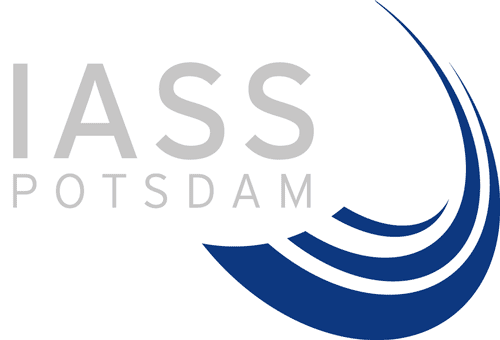Location
The Potsdam Nobel Laureates Symposium “Global Sustainability – A Nobel Cause” brought together internationally renowned scientists and decision-makers under the patronage of German Chancellor Dr Angela Merkel in 2007. The symposium produced the highly regarded Potsdam Memorandum, which calls for a joint effort to tap into “all sources of innovation and invention” to meet the challenges of the twenty-first century. Specifically, it identifies the need for a new “global contract” to increase sustainability in the age of the Anthropocene.
From this starting point, representatives of the German Science Alliance developed a concept for a novel research institute in 2008, from which the Institute for Advanced Sustainability Studies (IASS) emerged. The IASS was officially founded in 2009 as a joint initiative of the German Federal Government, the Federal State of Brandenburg and the research organisations of the German Science Alliance. Potsdam was chosen as the location for the institute due to its excellent research landscape with world-class research institutions such as the Potsdam Institute for Climate Impact Research (PIK) and the Helmholtz Centre Potsdam - GFZ German Research Centre for Geosciences, as well as its close proximity to politics, media and non-governmental organisations in Berlin.
In its research the IASS aims to merge all relevant types of knowledge – both within and outside science – in order to jointly find solutions that help us initiate, support and scientifically accompany the transformation to sustainable development. In accordance with its mission, the IASS involves a wide range of stakeholders from all parts of society in a transdisciplinary process with the goal of developing solutions, and it does not view these stakeholders as mere addressees of the institute’s findings at the end of the research process. Our transdisciplinary research processes are based on excellent disciplinary and interdisciplinary research; at the same time, the questions they raise and the results they produce feed into such research. The IASS does not merely work to create the knowledge needed for action; it also discusses its findings with representatives of politics, industry and civil society and furthers the transformation process through this kind of consultation.

